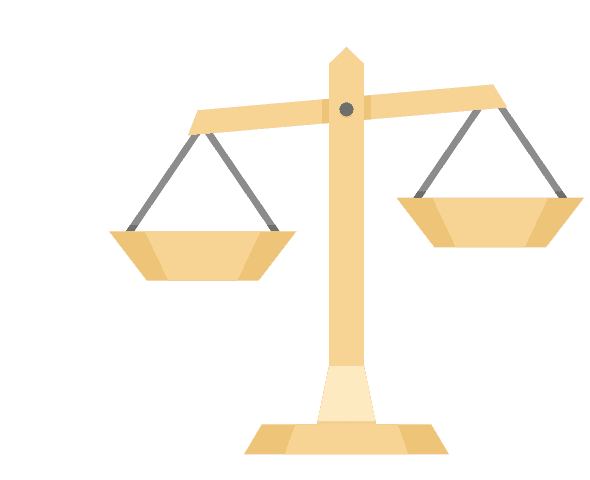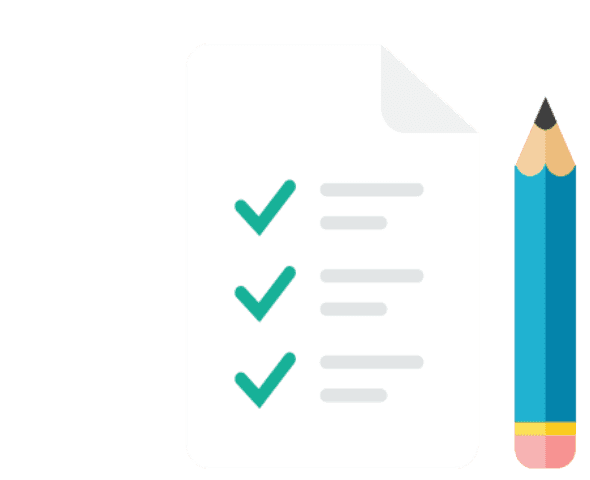When buying a home in Canada, most first-time buyers focus on mortgage payments, but property taxes can significantly impact your monthly expenses. Understanding how property taxes work—and how to budget for them—ensures you’re fully prepared for the financial responsibilities of homeownership.
At Homewise, we help Canadians navigate the mortgage process, ensuring they factor in all the costs associated with buying a home. This guide breaks down property taxes and offers practical tips to help you budget effectively.
1. What Are Property Taxes?
Property taxes are annual fees that homeowners pay to their local municipality or province. These taxes are used to fund essential services, such as:
- Public schools
- Road maintenance and infrastructure
- Police, fire, and emergency services
- Parks and recreational facilities
The amount you pay depends on the assessed value of your home and the tax rate set by your municipality.
2. How Are Property Taxes Calculated in Canada?
Your property tax is based on two factors:
- Municipal Tax Rate – Determined by your local government.
- Property Assessment Value – The estimated market value of your home, assessed by provincial agencies or local municipalities.
Formula for Property Taxes:
Property Taxes=Tax Rate×Assessed Property Value\text{Property Taxes} = \text{Tax Rate} \times \text{Assessed Property Value}Property Taxes=Tax Rate×Assessed Property Value
Example:
- Home Value: $600,000
- Municipal Tax Rate: 0.75%
- Annual Property Tax: $600,000 × 0.0075 = $4,500/year
Pro Tip: Check with your municipality for the current tax rate and assessment process. Rates vary significantly between cities.
3. How Often Are Property Taxes Paid?
Most municipalities allow homeowners to pay property taxes:
- Annually (one lump sum).
- Semi-annually or quarterly.
- Monthly (through mortgage payments).
Many homeowners opt to roll property taxes into their mortgage payments for convenience and budgeting purposes. This ensures taxes are paid on time and in smaller, manageable amounts.
4. How to Budget for Property Taxes
Budgeting for property taxes ensures you won’t be caught off guard by large bills. Here’s how to stay prepared:
a) Estimate Taxes Before Buying
Before purchasing a home, request the current property tax amount from the listing agent or municipality. This can give you a rough idea of ongoing costs.
Use Homewise’s mortgage calculators to estimate taxes alongside mortgage payments.
b) Build Taxes into Your Monthly Budget
Take your estimated annual tax and divide it by 12 to create a monthly property tax estimate. Add this to your monthly housing costs.
Example:
- Annual Property Tax: $4,500
- Monthly Budget: $4,500 ÷ 12 = $375/month
c) Consider Escrow Accounts
Some lenders offer escrow accounts (also known as property tax accounts), where they collect property tax payments monthly as part of your mortgage. When taxes are due, the lender pays the municipality directly.
Benefits of an Escrow Account:
- Simplifies budgeting by spreading taxes over the year.
- Reduces the risk of missing payments.
Ask your Homewise advisor if rolling property taxes into your mortgage is the right option for you.
5. Property Tax Rates Across Canada
Property tax rates vary widely depending on the province, city, and even neighborhood. Here’s a snapshot of average rates in some major Canadian cities:
City | Average Tax Rate (2024) | Example (on $500K home) |
| Toronto, ON | 0.66% | $3,300 |
| Vancouver, BC | 0.27% | $1,350 |
| Calgary, AB | 0.74% | $3,700 |
| Montreal, QC | 0.83% | $4,150 |
| Halifax, NS | 1.10% | $5,500 |
Note: Cities like Vancouver have lower tax rates but higher home values, while smaller cities may have higher tax rates to fund local services.
6. What Affects Property Tax Rates?
Several factors influence property tax rates and assessments:
- Neighborhood Development – Areas with new schools or infrastructure may have higher taxes.
- Home Renovations – Significant improvements can increase your home’s assessed value, raising your property taxes.
- Market Conditions – If home prices in your area rise, property tax assessments often follow.
- Municipal Budgeting – Changes in city spending or debt can impact tax rates.
7. Can You Lower Your Property Taxes?
Yes! There are ways to reduce your property tax burden:
a) Appeal Your Property Assessment
If you believe your home has been over-assessed, you can appeal the assessment through your local tax authority. Successful appeals can lower your annual tax bill.
b) Apply for Tax Rebates or Credits
Some provinces offer rebates or tax relief for:
- Seniors
- Low-income homeowners
- First-time buyers
- Veterans
Check your provincial or municipal website for available programs.
c) Avoid Over-Renovating
While home improvements increase property value, they can also raise your taxes. Focus on renovations that maximize your home’s livability and resale value without unnecessarily inflating your assessed value.
8. How Property Taxes Affect Mortgage Affordability
When applying for a mortgage, lenders factor in property taxes to assess your total housing costs. Higher taxes can reduce the amount you qualify to borrow.
Example:
- Mortgage payment: $2,000/month
- Property taxes: $375/month
- Total housing costs: $2,375/month
Lenders often use the Gross Debt Service (GDS) ratio to ensure these costs don’t exceed 35-39% of your gross income.
Need help estimating your affordability? Apply for a mortgage pre-approval with Homewise to get a clearer picture of your budget.
Final Thoughts
Property taxes are a critical part of homeownership in Canada, but with proper planning and budgeting, they don’t have to be overwhelming. By understanding how taxes are calculated, when they’re due, and how to manage them, you’ll feel more confident and prepared in your home buying journey.
If you’re considering buying a home, let Homewise help you navigate the process and ensure your budget reflects all homeownership costs—property taxes included.








